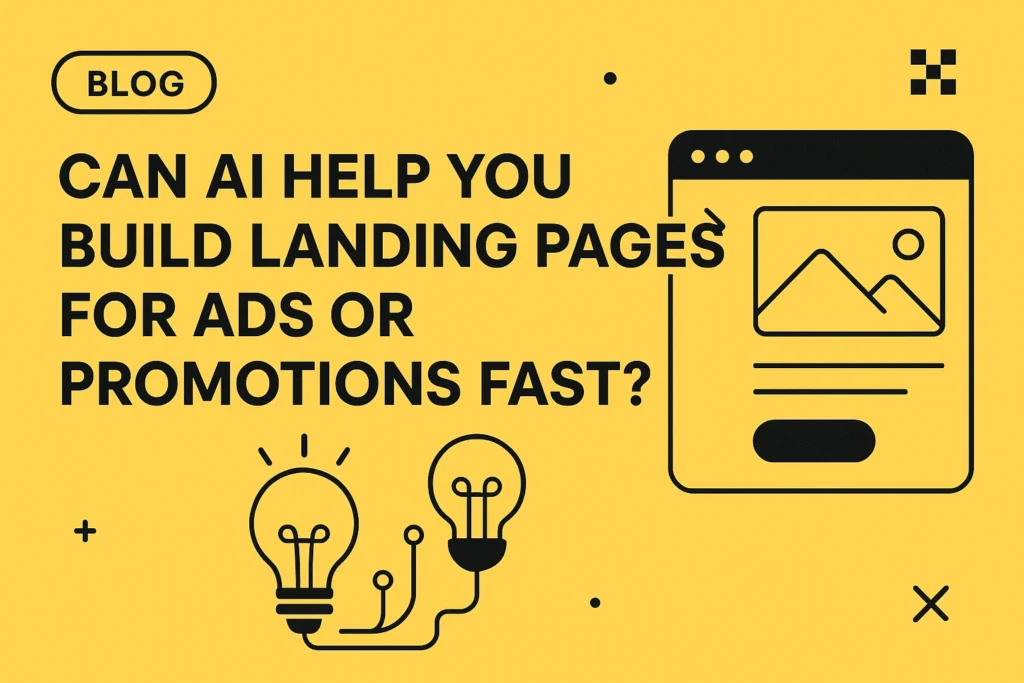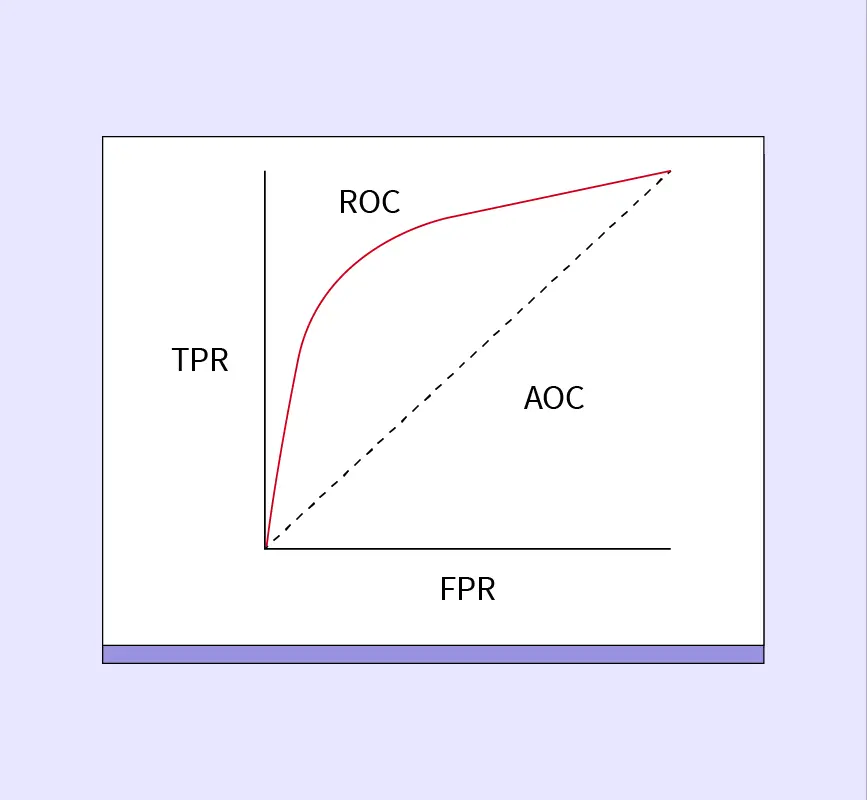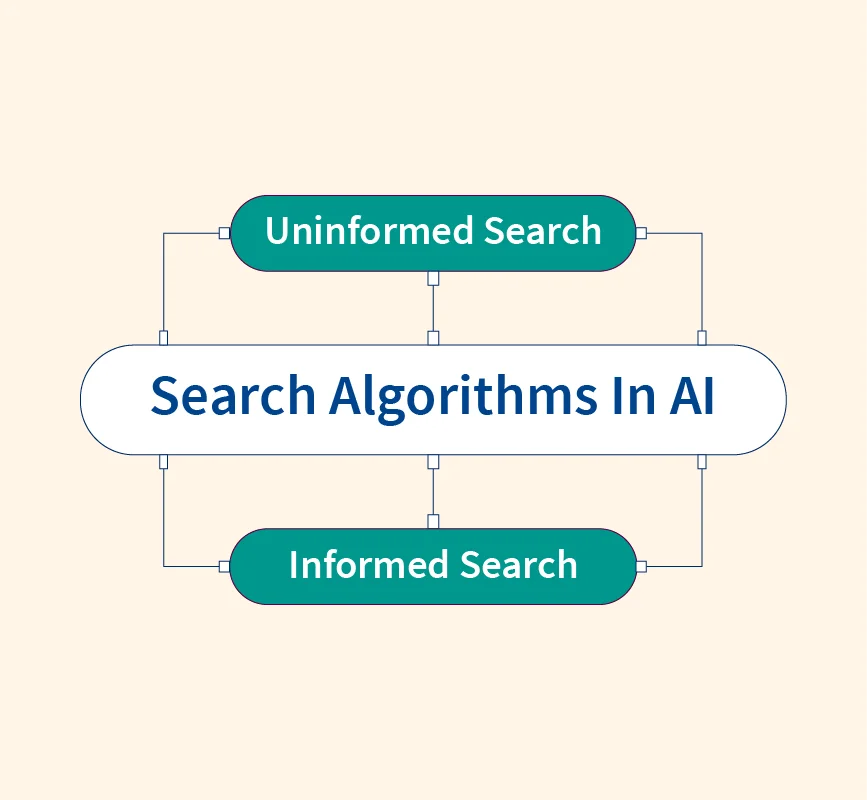Python has firmly established itself as a leading programming language in data science, owing to its simplicity, flexibility, and extensive ecosystem of libraries. From automating mundane tasks to building complex machine learning models, Python provides the tools needed to tackle a wide array of data science challenges. However, to fully leverage Python’s capabilities, it’s crucial to have a strong foundation built on quality learning resources.
Selecting the right books is key to mastering Python and advancing your data science skills. Books offer structured learning and deep dives into specific topics, allowing for a comprehensive understanding of both Python and data science principles. This list includes the top 15 Python books for data science in 2024, offering a blend of practical guidance, theoretical insights, and hands-on experience. Whether you’re just starting out or looking to deepen your expertise, these books will guide you through essential concepts and applications.
Top 15 Python Data Science Books for 2024
Source: Youtube
1. Automate the Boring Stuff with Python by Al Sweigart
This book is perfect for beginners who want to learn Python while automating everyday tasks.
- Key Takeaways:
- Provides practical automation techniques for repetitive tasks such as file management, web scraping, and data entry.
- Written in an accessible style, making it suitable for those new to programming.
- Additional Insights:
- The book’s hands-on approach includes real-world examples and projects, making it easier to apply what you’ve learned.
- It’s ideal for those looking to improve productivity by automating routine tasks.
2. Python Data Science Handbook by Jake VanderPlas
A comprehensive guide for those seeking an in-depth understanding of Python’s data science capabilities.
- Key Takeaways:
- Covers essential tools and techniques for data science, including data manipulation, visualization, and machine learning.
- Practical applications are demonstrated using Jupyter Notebooks, which are perfect for hands-on learning.
- Additional Insights:
- The book provides detailed explanations and code examples, making complex concepts more accessible.
- It’s a great resource for intermediate to advanced learners looking to deepen their understanding of data science.
3. Python Crash Course by Eric Matthes
An excellent choice for beginners looking for a hands-on approach to learning Python.
- Key Takeaways:
- Features engaging projects and exercises to help solidify fundamental Python skills.
- Covers essential Python concepts, including basic programming, data handling, and web development.
- Additional Insights:
- The book’s project-based approach helps learners apply their knowledge in practical scenarios.
- It’s ideal for those who prefer learning through doing rather than theoretical study.
4. Python for Data Analysis by Wes McKinney
Focused on data wrangling and analysis, this book is a must-read for anyone working with data.
- Key Takeaways:
- Emphasizes the use of Pandas and NumPy for effective data manipulation and analysis.
- Includes practical examples and case studies to illustrate data analysis techniques.
- Additional Insights:
- Written by the creator of Pandas, it provides insider knowledge and best practices for using the library.
- Suitable for those looking to enhance their data cleaning and transformation skills.
5. Think Python by Allen B. Downey
An introduction to Python that emphasizes computational thinking and problem-solving skills.
- Key Takeaways:
- Focuses on teaching programming concepts through a computational thinking approach.
- Encourages problem-solving and logical reasoning using Python.
- Additional Insights:
- Ideal for beginners who want to develop strong foundational programming skills.
- Provides a solid understanding of Python’s capabilities and programming principles.
6. Learning Python by Mark Lutz
A comprehensive guide to Python fundamentals, suitable for those looking for an in-depth study of the language.
- Key Takeaways:
- Offers a thorough exploration of Python’s syntax, data structures, and programming concepts.
- Includes numerous examples and exercises to reinforce learning.
- Additional Insights:
- The book’s detailed coverage of Python’s core features makes it ideal for those seeking a deep understanding of the language.
- Suitable for both beginners and intermediate learners who want to build a strong foundation in Python.
7. Introduction to Machine Learning with Python by Andreas C. Müller & Sarah Guido
A practical guide to machine learning using Python, tailored for those new to the field.
- Key Takeaways:
- Provides a hands-on introduction to machine learning algorithms and techniques.
- Focuses on practical implementations using Scikit-learn, with clear explanations and examples.
- Additional Insights:
- Ideal for beginners who want to get started with machine learning using Python.
- The book’s practical approach helps readers understand how to apply machine learning techniques to real-world problems.
8. Data Science from Scratch by Joel Grus
A foundational text for understanding data science principles using Python.
- Key Takeaways:
- Covers core data science concepts and techniques from the ground up.
- Includes practical examples and code implementations for key algorithms and data processing tasks.
- Additional Insights:
- The book’s focus on building algorithms and understanding their underlying principles makes it ideal for learners who want to grasp data science fundamentals.
- Suitable for those looking to gain a deeper understanding of data science concepts beyond using pre-built libraries.
9. Python for Data Science For Dummies by John Mueller & Luca Massaron
A user-friendly guide to Python and data science basics, perfect for beginners.
- Key Takeaways:
- Offers a straightforward introduction to Python and fundamental data science concepts.
- Includes practical advice and tips for getting started with data science projects.
- Additional Insights:
- The book’s approachable style and clear explanations make it ideal for those new to programming and data science.
- Provides a solid foundation in Python and data science principles in an easy-to-understand format.
10. Data Science for Dummies by Lillian Pierson
An overview of data science concepts, providing a broad introduction to the field.
- Key Takeaways:
- Covers essential data science topics, including data analysis, machine learning, and data visualization.
- Offers practical advice and insights for applying data science techniques.
- Additional Insights:
- Suitable for beginners who want a broad understanding of data science without getting into technical details.
- Provides a general overview of the field, making it a good starting point for newcomers.
11. Hands-On Data Science with Pandas by Stefanie Molin
A practical guide to data analysis using the Pandas library.
- Key Takeaways:
- Focuses on hands-on techniques for data analysis and manipulation with Pandas.
- Includes practical exercises and real-world examples to enhance learning.
- Additional Insights:
- Ideal for those looking to improve their skills in data analysis and visualization with Pandas.
- Provides practical guidance on using Pandas for real-world data science projects.
12. Python Data Analytics by Fabio Nelli
Explores data visualization and analytics techniques using Python, with a focus on practical applications.
- Key Takeaways:
- Covers data visualization techniques and tools for effective data analysis.
- Includes practical examples and case studies to illustrate analytical methods.
- Additional Insights:
- Suitable for those looking to enhance their data visualization skills and apply analytical techniques to real-world data.
- Provides a comprehensive guide to using Python for data analytics.
13. Practical Data Science with R and Python by Nina Zumel & John Mount
A guide to integrating R and Python for comprehensive data science workflows.
- Key Takeaways:
- Explores the integration of R and Python in data science projects.
- Provides practical advice and techniques for leveraging both languages in data analysis.
- Additional Insights:
- Ideal for data scientists who use both R and Python and want to understand how to combine their strengths.
- Offers practical insights into using both languages for a complete data science workflow.
14. Marketing Data Science by Thomas W. Miller
Focuses on data-driven marketing strategies using Python and R.
- Key Takeaways:
- Covers techniques for applying data science in marketing contexts.
- Provides practical examples of using Python and R for marketing data analysis.
- Additional Insights:
- Suitable for those interested in applying data science techniques to marketing and customer analytics.
- Offers insights into using data science for improving marketing strategies and decision-making.
15. Data Science from Scratch by Joel Grus
(Note: This book is mentioned twice. The correct entry is listed here with expanded details.)
- Key Takeaways:
- Teaches core data science principles and algorithms using Python from the basics.
- Provides a deep understanding of data science concepts through practical coding examples.
- Additional Insights:
- Ideal for learners who want to build a strong foundation in data science by implementing algorithms and understanding their underlying principles.
- Offers a comprehensive introduction to data science, making it suitable for those who prefer learning through hands-on coding.
How to Choose the Right Python Data Science Book
When selecting a Python book for data science, consider the following factors:
- Consider Your Skill Level: Determine whether you are a beginner, intermediate, or advanced learner. Choose books that match your current skill level to ensure you get the most out of your reading.
- Match Your Learning Style: Some books are project-based, others are theory-focused, or hands-on. Select a book that aligns with your preferred learning style, whether you learn best through projects, theoretical understanding, or practical exercises.
- Look for Books That Cover Your Area of Interest: Identify your specific area of interest within data science, such as machine learning, data analysis, or Python programming fundamentals. Choose books that cover topics relevant to your interests and career goals.
Conclusion
Choosing the right book is a crucial step in mastering Python for data science. The books listed above offer a range of approaches and topics, from foundational programming skills to advanced data science techniques. Explore these recommendations based on your learning goals and interests to build a solid foundation in Python and data science. Whether you are starting out or looking to deepen your expertise, these books will provide valuable insights and practical knowledge to support your journey in data science.
Resources:


